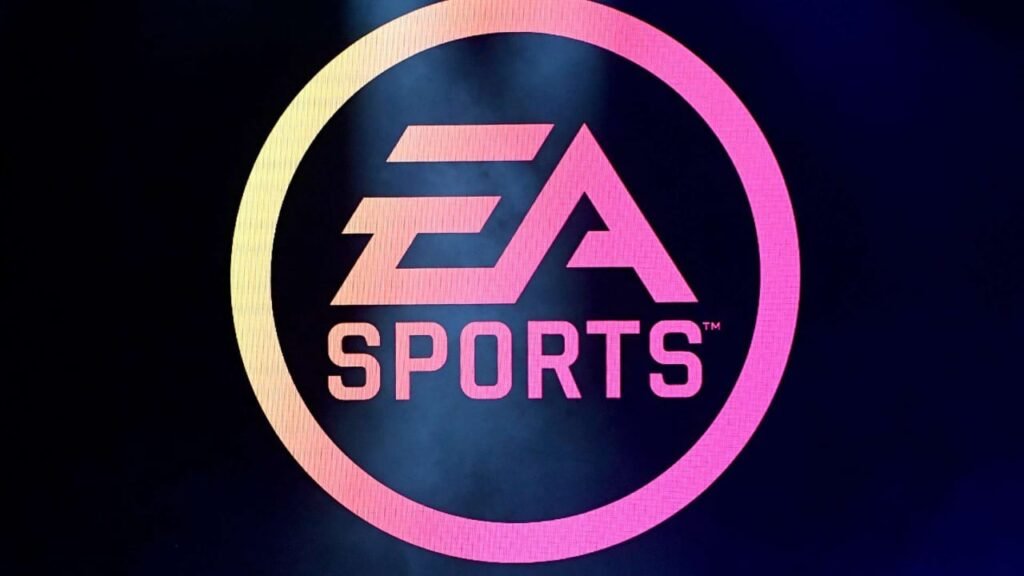The esports industry is no longer a niche phenomenon; it's a multi-billion dollar global powerhouse, rivaling traditional sports in viewership, investment, and cultural impact. As we move into 2025, the competitive gaming landscape continues its rapid evolution, driven by technological advancements, shifting audience behaviors, and an ever-increasing influx of capital. For fans, players, brands, and investors alike, understanding the key esports trends shaping the future is essential.
From the burgeoning power of mobile gaming to the intricate dance between AI and human performance, and the growing focus on player well-being, 2025 promises to be a transformative year for competitive gaming. This article delves into the most significant esports predictions for 2025, offering insights into where the industry is headed and what you should be paying attention to. Get ready to explore the exciting future of professional gaming.
The Shifting Sands of Competition: What's Driving Esports Evolution?
Several interconnected factors are propelling the esports market forward in 2025:
- Technological Innovation: Advances in AI, cloud gaming, and immersive technologies like VR/AR are fundamentally changing how games are played, broadcast, and consumed.
- Audience Demographics & Engagement: A continually expanding global fanbase, particularly among Gen Z and Millennials, is driving viewership and demanding new forms of interaction.
- Increased Investment & Consolidation: Significant capital inflows, especially from new regions and traditional entertainment giants, are fueling growth and market maturation.
- Player & Community Focus: A growing emphasis on player welfare, grassroots development, and direct fan engagement is shaping the ecosystem.
- Mainstream Acceptance: Esports continues to shed its “niche” label, gaining recognition from traditional sports organizations, educational institutions, and corporate brands.
The Game Changers: Key Esports Trends to Watch in 2025
1. The Unstoppable Rise of Mobile Esports: Accessibility as a Superpower
Mobile esports have been on a meteoric rise, and 2025 will see this trend accelerate even further. Titles like PUBG Mobile, Mobile Legends: Bang Bang, Free Fire, and Honor of Kings already boast massive global audiences, particularly in Asia-Pacific. The accessibility of mobile gaming – requiring only a smartphone rather than expensive PCs or consoles – has opened competitive play to billions, creating vast new talent pools and viewership markets. Expect more sophisticated mobile titles, higher prize pools, and increased integration into major esports tournaments. The notion that mobile gaming is a “lesser” form of esports is quickly fading, driven by advanced AI rendering on mobile platforms and top mobile games breaking into traditional competitions.
- Why it's trending: Unmatched accessibility, massive global reach, and continuous technological advancements in mobile gaming.
- Keywords: Mobile esports, PUBG Mobile, Mobile Legends, accessible gaming, esports growth, global esports audience.
2. AI's Expanding Role: From Coaching to Anti-Cheat and Beyond
Artificial intelligence (AI) is no longer just a futuristic concept; it's becoming deeply embedded in the esports ecosystem. In 2025, AI will increasingly serve as:
- Personalized Coaches & Trainers: Tools like Razer's Project AVA, showcased at CES 2025, offer real-time strategic advice, analyze gameplay, and create customized training routines, democratizing access to elite-level coaching.
- Advanced Analytics: AI will provide deeper insights into player performance, team strategies, and game meta, assisting coaches and analysts.
- Enhanced Anti-Cheat Systems: AI-powered solutions will become more sophisticated in detecting and combating cheating, ensuring fair play.
- Personalized Fan Experiences: AI will drive more personalized content recommendations, dynamic betting odds, and interactive viewing experiences.
The integration of AI will fundamentally alter player development, competitive integrity, and fan engagement in professional gaming.
- Why it's trending: Enhanced player performance, improved competitive integrity, and next-gen fan experiences.
- Keywords: AI in esports, esports coaching, anti-cheat AI, personalized viewing, gaming analytics.
3. Consolidation and Strategic Investments: A Maturing Industry
The esports industry is moving towards greater maturity, marked by increasing mergers, acquisitions, and strategic investments. Major players like Tencent, Riot Games, and Microsoft continue to acquire promising gaming startups and esports organizations. A significant force in 2025 will be the continued influx of capital from regions like Saudi Arabia, evident in initiatives like the Esports World Cup returning to Riyadh in 2025 and the inaugural Olympic Esports Games. This consolidation aims to stabilize the market, create more robust league structures, and attract larger global partnerships.
- Why it's trending: Market maturity, increased corporate interest, and strategic regional investments.
- Keywords: Esports investment, industry consolidation, Esports World Cup, Olympic Esports, Saudi Arabia esports.
4. Player Welfare and Sustainable Careers: A Growing Priority
As esports professionalism intensifies, so does the focus on player welfare. In 2025, expect to see:
- Improved Health and Wellness Programs: More organizations will invest in physical and mental health support, including nutritionists, psychologists, and fitness coaches for players.
- Standardized Contracts and Regulations: Efforts to establish clearer contractual frameworks, practice hour limitations, and minimum living standards will gain momentum.
- Pathways Beyond Play: Increased development of educational and career opportunities within the broader esports ecosystem (broadcasting, management, coaching, content creation) to support players post-competition.
The industry is recognizing the importance of nurturing its talent for long-term sustainability, addressing concerns about burnout and short career spans.
- Why it's trending: Addressing player burnout, long-term career viability, and ethical industry practices.
- Keywords: Esports player welfare, player health, ethical esports, sustainable careers, professional gaming standards.
5. Decentralized Platforms and Web3 Integration: New Revenue Streams and Ownership
The integration of Web3 technologies, NFTs, and blockchain is poised to create new revenue models and redefine fan engagement in esports. In 2025, expect to see:
- NFT-based In-Game Content: Teams and players generating income through digital collectibles and unique in-game assets.
- Blockchain-based Reward Systems: More transparent and equitable reward systems for fans and participants.
- Decentralized Gaming Platforms: Emergence of platforms that offer true digital ownership and community-driven esports experiences.
While still nascent, these technologies promise to empower players and fans, offering new avenues for interaction and monetization.
- Why it's trending: New monetization opportunities, enhanced fan engagement, and digital ownership.
- Keywords: Web3 esports, blockchain gaming, NFT esports, decentralized platforms, play-to-earn.
6. Continued Integration with Traditional Sports and Collegiate Esports Expansion
The lines between esports and traditional sports will continue to blur. Leagues like the NBA 2K League and FIFA eWorld Cup are gaining traction, and traditional sports organizations are increasingly investing in esports teams and events. Furthermore, collegiate esports programs are maturing, moving beyond basic gaming labs to offer microcredentialing and even esports degrees. Universities are recognizing the educational and career outcomes associated with gaming, fostering a new generation of talent and industry professionals.
- Why it's trending: Mainstream acceptance, educational pathways, and synergistic partnerships.
- Keywords: Collegiate esports, traditional sports integration, esports education, university esports.
The Horizon of Competitive Gaming: What Lies Ahead
As 2025 unfolds, the esports industry will continue its dynamic expansion, driven by these pivotal trends. The landscape will become more professionalized, diversified, and globally interconnected. For those involved, whether as passionate fans, aspiring players, or strategic investors, understanding these shifts will be key to navigating and thriving in the thrilling world of professional video gaming. The future of esports isn't just about bigger tournaments or higher prize pools; it's about a deeper integration into mainstream culture, powered by innovation and a growing focus on sustainable growth.










